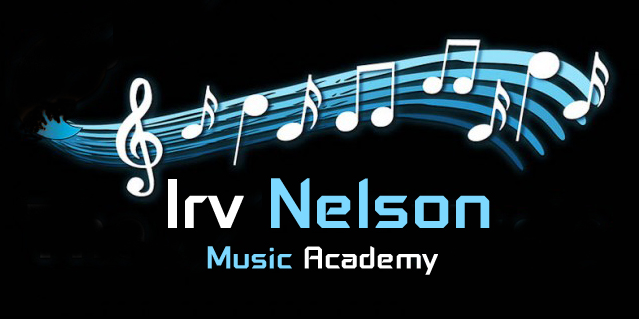
Contemporary Music Instruction and Mentoring
Selecting a Mixer
DIGITAL VS ANALOG
The primary advantage of digital mixers over traditional analogue mixers is when mixing a show that has various settings that are used in a pre-set order every night, over and over again, for weeks or months. It can memorize all the settings for each part of the show and the sound man can just press a button to move to the next setting as the show moves along. This is especially useful for stage productions, but it is also nice for touring bands.
But for amateur band use, digital mixers have significant disadvantages, the biggest of which is that you can’t see everything at once. You have to dig into menus to do anything. During live mixing it slows down the process of riding the volumes of the channels (for example, pushing the guitar volume up during a guitar solo).
Also, analogue mixers are FAR more intuitive and easy to understand. Digital mixers sometimes offer more options for compression, EQ, and noise gate, but those features come at a huge cost in complexity. Sound checks take 2-3 times as long because of that. Some digital mixers also offer the ability to control the mixer remotely on an iPad, which I have found is more fun for the sound man but far worse for the band and the audience. Instead of sitting at the mixer, the sound man is walking around the audience, talking to friends, and not doing his job. And to change anything is far slower than twisting a physical knob.
So I recommend analogue, corded mixers for live music performance. The most affordable mixers are Behringer, and contrary to the opinions of some “purists,” Behringer’s quality is actually very good.
RECOMMENDED MIXERS
Here are the mixers I recommend:
4 channel (2 mics with gain control and 3 band equalizers, plus 2 instruments):
Behringer Xenyx 802
https://www.sweetwater.com/store/detail/802--behringer-xenyx-802-mixer
8 channel (4 mics with gain control, compression, and 3 band equalizers, plus 4 instruments):
Behringer Xenyx 1202
https://www.sweetwater.com/store/detail/1202--behringer-xenyx-1202-mixer
The same 8 channel with USB output for recording the performance:
https://www.sweetwater.com/store/detail/Q1202USB--behringer-xenyx-q1202usb-mixer-with-usb
12 channel (8 mics with gain control/compression/3 band parametric equalizers, plus 4 stereo instruments); with USB and effects processor, VERY well laid out and easy to use… this is the mixer I own and use for nearly every performance. This mixer is big enough for most student bands:
Behringer Xenyx X2222USB
https://www.sweetwater.com/store/detail/X2222USB--behringer-xenyx-x2222usb-mixer-with-usb-and-effects
20 channel (16 mics with gain control, and 3 band parametric equalizers, plus 4 stereo instruments, but no compression), with 2 effects processors, graphic master equalizer, and 2 or 3 monitor mixes:
Behringer Eurodesk SX2442FX
https://www.sweetwater.com/store/detail/SX2442FX--behringer-eurodesk-sx2442fx-mixer-with-effects
26 channel (24 mics with gain control, and 3 band parametric equalizers, plus 2 stereo instruments) with 2 effects processors, graphic master equalizer, and 2 or 3 monitor mixes:
Behringer Eurodesk SX3242FX
https://www.sweetwater.com/store/detail/SX3242FX--behringer-eurodesk-sx3242fx-mixer-with-effects